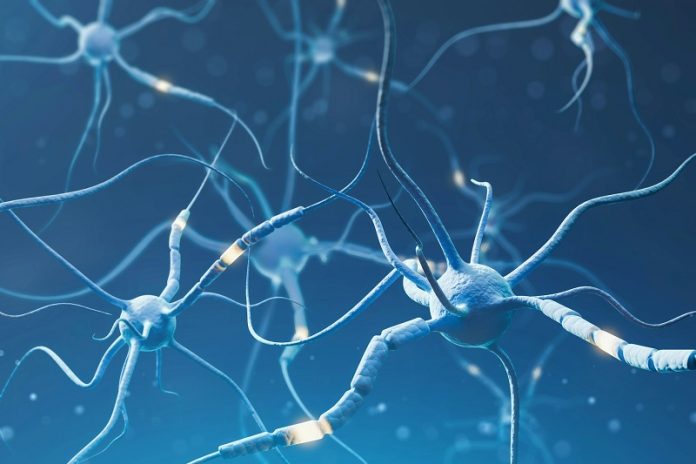
New research suggests that Type 2 diabetes may change the brain in ways that look a lot like early Alzheimer’s disease.
Scientists from the University of Nevada, Las Vegas (UNLV) believe this connection may be due to how high blood sugar affects a key part of the brain called the anterior cingulate cortex, or ACC.
Type 2 diabetes is a condition where the body can’t properly manage blood sugar levels. It’s already known that people with diabetes have a higher risk—about 65% more—of developing Alzheimer’s. But the exact reason for this link has been unclear.
In a new study published in the Journal of Neuroscience, researchers looked at how diabetes impacts the ACC, a brain area responsible for motivation, memory, decision-making, emotions, and reward processing. This is the first time scientists have studied this brain region to understand how diabetes might lead to memory and mood problems.
The team studied rats with diabetes and watched how their brains responded to rewards. They found that diabetic rats were more eager to get a reward, like a sweet treat, but didn’t take time to enjoy it. In contrast, healthy rats paused to savor the treat after receiving it.
The scientists believe that high blood sugar and insulin levels weaken how the ACC processes information about rewards. In particular, they found that the signal from another important brain area—the hippocampus—was not reaching the ACC properly.
The hippocampus helps with memory and location awareness, and together with the ACC, it helps us remember rewarding events and where they happened. But in diabetic brains, this connection was weakened.
Professor James Hyman, the study’s lead researcher, said this might explain why people with Type 2 diabetes often experience mild memory problems and signs of depression. He added that the same brain changes seen in diabetes could be early signs of Alzheimer’s disease.
This is important because Type 2 diabetes affects millions of people around the world, and it’s often linked to obesity and poor diet. Managing diabetes through healthy lifestyle choices might not only protect the body but also help keep the brain healthy.
The researchers also think that the connection between the hippocampus and ACC could be a good target for new treatments—especially for mood disorders and early-stage Alzheimer’s. People with diabetes often feel less pleasure from everyday activities, a condition called anhedonia, which is common in depression as well.
This study is another step forward in understanding how diabetes affects the brain and how it might lead to diseases like Alzheimer’s. The researchers plan to continue studying the link between these brain changes and memory loss to find better ways to detect and treat problems early.
If you care about diabetes, please read studies about Vitamin D and type 2 diabetes, and what you need to know about avocado and type 2 diabetes.
For more information about diabetes, please see recent studies about how to eat to prevent type 2 diabetes, and 5 vitamins that may prevent complication in diabetes.
The study is published in The Journal of Neuroscience.
Copyright © 2025 Knowridge Science Report. All rights reserved.



